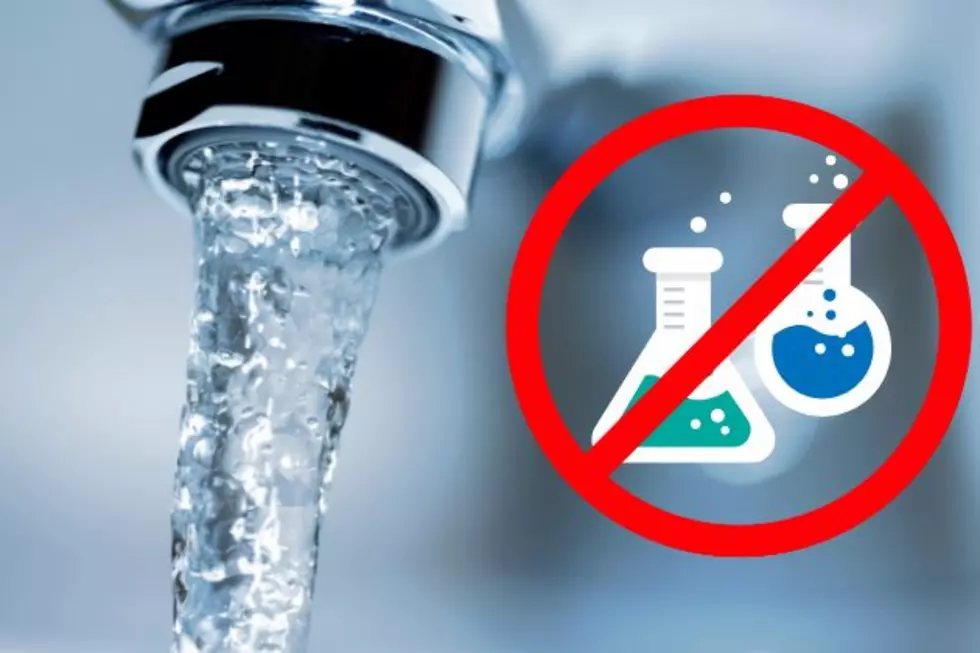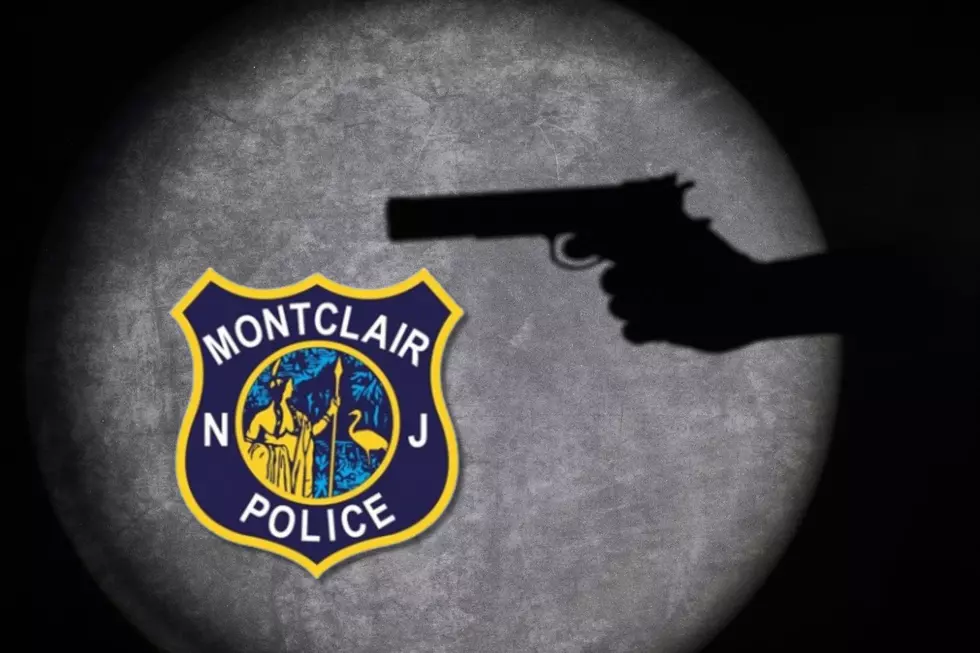
Is it Really Over? What Happens Next in NJ Gov Race?
Despite the Associated Press and other organizations calling the New Jersey governor's race for Phil Murphy, the vote counting is not over.
The AP essentially determined there was no way Republican Jack Ciattarelli could gather enough votes to pull ahead of Murphy's unofficial lead.

Murphy wasted no time declaring victory and holding a raucous victory party in Asbury Park. However, Ciattarelli is not conceding the election, and issued a statement that his team was committed to making sure "every legal vote was counted."
Counting is continuing in multiple districts, including mail-in and provisional ballots.
Then, a recount is likely. That process could begin in the next few days. How long it will take, is not clear. First, one of the campaigns will have to petition a judge to order a recount, since there is no formal recount process in New Jersey election law.
Pending the outcome of the recount, further legal action could also commence.
The Republican Governor's Association has dispatched a team of lawyers to New Jersey to handle any legal challenges. Democrats are likely to counter with their own team of lawyers.
Legal teams from both parties will likely pour over tens of thousands of ballots, seeking to invalidate as many votes for the opposing candidate as possible.
Candidate's lawyers will likely target irregularities caused by New Jersey's new electronic voting system. There were a number of reported problems, from issues with the new electronic sign-in pads to scanners that processed paper ballots. That could put Murphy's legal team in the uncomfortable position of challenging the very technology Murphy touted as making New Jersey's voting process more secure and easy to use.
How long this process will take is unclear. That last recount of a gubernatorial election in New Jersey was in 1981. About 2.3 million votes were cast, similar to this election. Tom Kean was declared the winner over Jim Florio on December 2. However, Florio conceded the election, and no legal challenges were filed.
Answers to 25 common COVID-19 vaccine questions
9 Dumb Things About New Jersey
Red flags for someone who claims to be from New Jersey
More From WPG Talk Radio 95.5 FM










